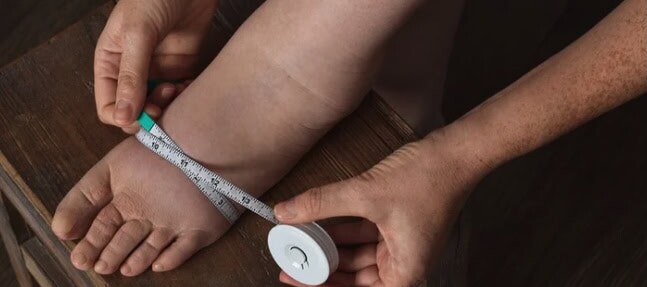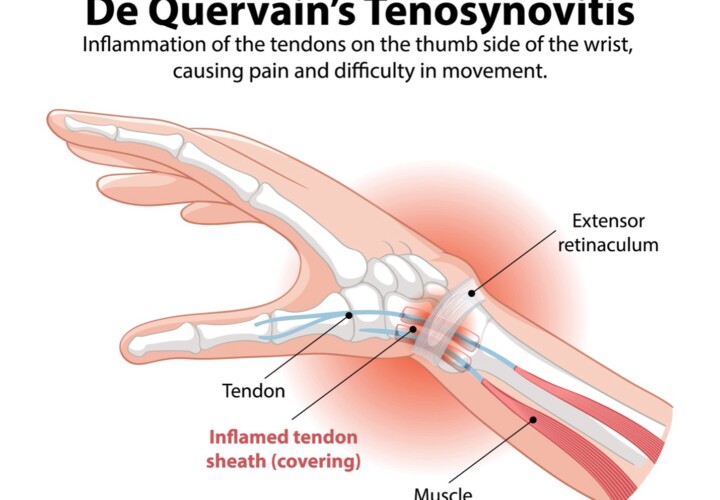Top 3 Reasons to Determine if You Have Lymphedema and Why a Physical Therapist is Your Best Option
Lymphedema is a chronic condition that results from a blockage in your lymphatic system, causing swelling in one or more areas of the body, usually in the arms or legs. Early detection and proper management are key to minimizing complications and maintaining quality of life. Here are the top three reasons to determine if you have lymphedema, and why working with a physical therapist (PT) is your best option for treatment.
- Swelling That Doesn’t Go Away
Swelling in the limbs, particularly after surgery, cancer treatment, or trauma, is the most common symptom of lymphedema. This swelling can range from mild to severe, often affecting the arms, legs, hands, or feet. Unlike typical swelling that subsides over time, lymphedema-related swelling tends to persist or worsen without proper care.
- Why it matters: Persistent swelling can lead to discomfort, restricted movement, and in severe cases, tissue damage or infection. Early detection and intervention by a physical therapist can prevent these complications and improve your mobility.
- Feeling of Heaviness or Tightness
Lymphedema can cause a feeling of heaviness, tightness, or aching in the affected limb, even if the swelling is not immediately visible. This can make it difficult to perform daily activities and, if left untreated, may worsen over time.
- Why it matters: Physical therapists are trained to recognize these early signs and can intervene with manual therapy and specific exercises to reduce symptoms and help you manage the condition before it progresses.
- Skin Changes and Repeated Infections
As lymphedema progresses, it can cause changes in the skin, including thickening, hardening, or developing a “pebbly” texture. It can also lead to recurring infections like cellulitis, as the lymphatic system becomes less effective at filtering waste and protecting against bacteria.
- Why it matters: Physical therapists who specialize in lymphedema management can use techniques like manual lymphatic drainage and skin care education to reduce your risk of infection and prevent further skin changes.
Why a Physical Therapist is Your Best Option for Lymphedema Management
Physical therapists who are specially trained in lymphedema treatment are equipped to manage your symptoms through a comprehensive approach known as Complete Decongestive Therapy (CDT). This includes:
- Manual Lymphatic Drainage (MLD): A specialized hands-on technique that helps to manually move excess lymph fluid from swollen areas, reducing swelling and discomfort.
- Compression Therapy: PTs will help you with the right type of compression garments or bandaging to maintain reduced swelling.
- Exercise Programs: Gentle exercises prescribed by a PT improve lymphatic flow and strengthen muscles without causing strain or exacerbating symptoms.
- Education on Skin Care and Infection Prevention: Physical therapists provide crucial education to help you care for your skin and minimize infection risks.
Early and proactive lymphedema management by a physical therapist can significantly reduce symptoms, improve quality of life, and help you maintain your independence. If you suspect you may have lymphedema, a PT is your best partner in navigating the journey toward effective management.
Contact Us:
- Hohman Rehab and Sports Therapy
- Clermont Office: 236 Mohawk Road, Clermont, FL 34715
- Ocoee Office: 11095 W. Colonial Drive, Ocoee, FL 34761
- Apopka Office: 125 S. Park Avenue, Apopka, FL 32703
- Phone: 855-404-6908
- Fax: 352-404-6909
Reach out to us today to schedule an evaluation and take control of your lymphedema with the help of our expert therapists!




